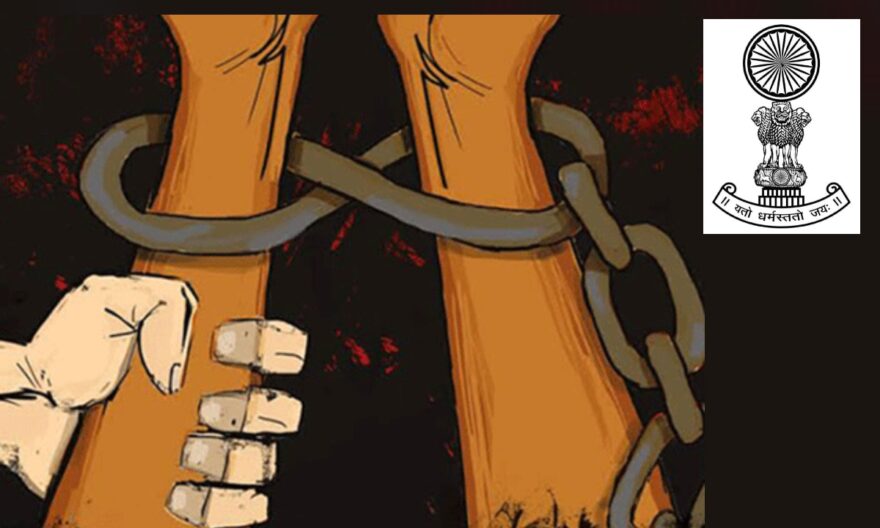
The Supreme Court on Thursday delivered a groundbreaking judgment on Thursday, declaring caste-based discrimination in prisons unconstitutional and mandating the Centre to revise jail manuals that uphold such practices.
The court directed the removal of the “caste” column and any references to caste from the registers of undertrial and convicted prisoners.
A bench led by Chief Justice DY Chandrachud, alongside Justices JB Pardiwala and Manoj Misra, criticized the current prison manual for assigning cleaning and sweeping tasks to lower castes while reserving cooking duties for higher castes. This practice was found to violate Article 15 of the Constitution, which prohibits discrimination on the basis of caste. The court stated that such assignments foster an unjust division of labor in prisons and cannot be tolerated.
The Supreme Court instructed the Union government to amend the Model Prison Manual 2016 and the Model Prisons and Correctional Services Act 2023 to eliminate caste-based discrimination within three months. The justices emphasized the need for a systemic approach, allowing marginalized communities to share their experiences and pain collectively. “We need to reflect and do away with institutional practices that discriminate against citizens from marginalized communities,” they stated, noting that while caste boundaries may seem “invisible,” they are nonetheless deeply ingrained in society.
Additionally, the court mandated that a copy of this judgment be circulated to the Chief Secretaries of all States and Union Territories within three weeks.
Among other directives, the Supreme Court declared references to “habitual offenders” in prison manuals unconstitutional. “References to habitual offenders in the prison manuals shall align with the definitions provided in legislation enacted by the respective state legislatures, subject to future constitutional challenges,” the bench ruled. If no such legislation exists, states and the Union government must revise their manuals accordingly within three months.
The court also took suo motu cognizance of discrimination within prisons based on caste, gender, or disability, designating the case as In Re: Discrimination Inside Prisons in India. The Registry was instructed to list this case for review in three months, with all states and the Union government required to submit compliance reports regarding this judgment.
Furthermore, the District Legal Services Authorities (DLSAs) and the Board of Visitors under the Model Prison Manual 2016 will conduct regular inspections to identify caste-based discrimination and similar practices. Reports from these inspections will be compiled and forwarded to the National Legal Services Authority (NALSA), which must file a joint status report before the Supreme Court.
Reflecting on the issue, the court quoted Dr. B.R. Ambedkar, who expressed concerns about the future of India in his last address to the Constituent Assembly. “More than 75 years since independence, we have not been able to eradicate the evil of caste discrimination. We need to have a national vision for justice and equality,” the order stated.
Additionally, the Supreme Court directed police to adhere to guidelines ensuring that members of denotified tribes are not subject to arbitrary arrests. The court also commended the petitioner and attorney for bringing attention to instances of systemic discrimination.
The petition, filed by journalist Sukanya Shantha through advocate Prasanna S, highlighted cases where Dalit prisoners are segregated in separate prisons. The plea sought to challenge the discriminatory provisions of prison manuals and rules as unconstitutional, demanding the repeal of practices that segregate prisoners or assign work based on caste or habitual offender status.
Finally, the petition called for states to enhance transparency by digitizing prison manuals and ensuring their availability to the public.




